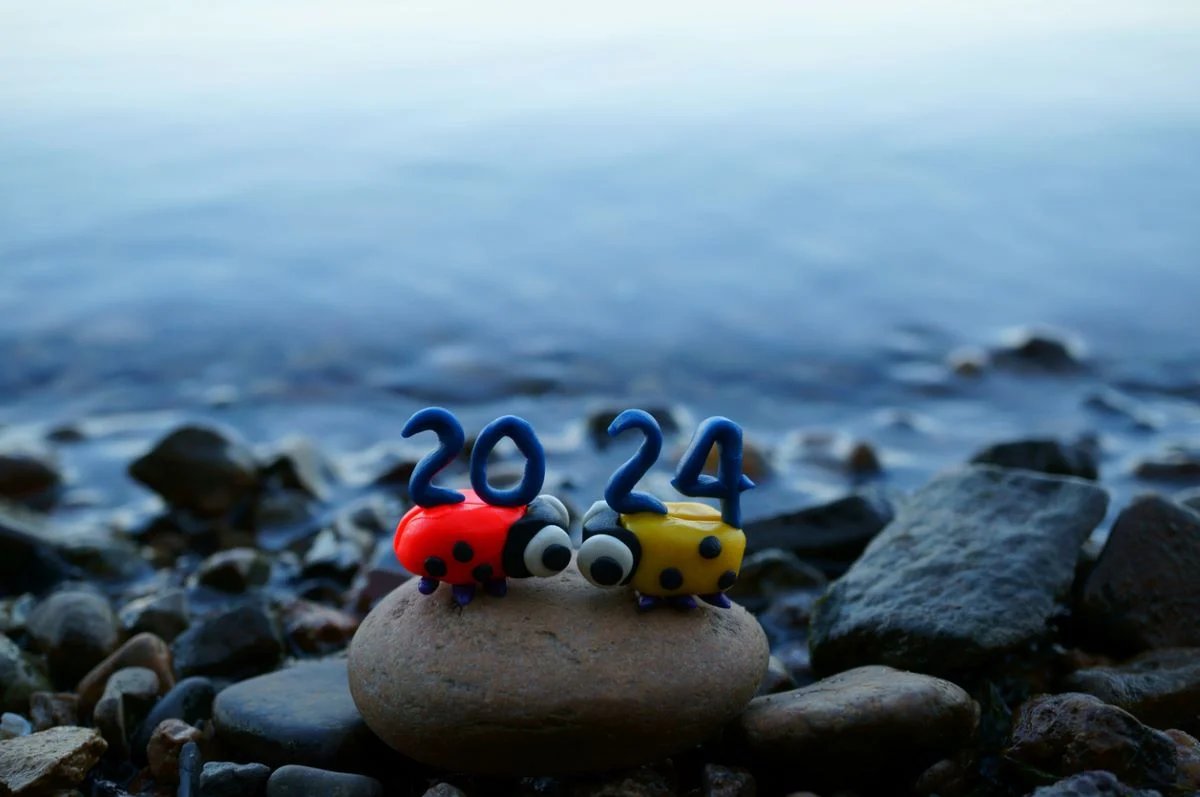Our top prediction is that 2024 will see organisations working more closely together in more mutually supportive and regenerative ways.
It’s no surprise that everyone is worried about money. With rising costs, local authority cuts, audience numbers down or flatlining, we can predict with some confidence that the realities of standstill funding will hit hard.
Financial concerns will be exacerbated by the unpredictability of the incredible rate of technological change, worries about changeable audience behaviours, and a fractured, bad-tempered public discourse.
And, in this climate, people are concerned about their ability to deliver their purpose. Many organisations are finding it frustratingly tough to meet commitments to make a difference in their community – whether that’s taking creative risks, taking action on social justice and climate change, or just shifting the dial on inclusivity and relevance, alongside nurturing their staff and artists.
This is putting a great strain on us all. In response – and on the upside – people are talking about collaboration and generosity, to ourselves, to each other.
Think diagonal
Scenario-planning is essential to navigating shifting sands, says Innovation Director Patrick Towell: “Taking time out for creative future-gazing helps avoid feeling overwhelmed by change around us – especially if you do it collaboratively. The more perspectives the better. Describing our preferred futures is a first step to taking back control.”
Try this! Run a session for a ‘diagonal group’ (a mix of different ‘levels’, roles and disciplines) from across your organisation – or network – to imagine the society or community that creativity and culture can generate. “Find an approach which suits you and your people. Google ‘creative tools to imagine preferred futures’ for a wealth of ways – from futures design to speculative fiction.”
Do less better
Consultant Director Jane Finnis says: “If there is one thing we could all do better in 2024 it is to say ‘no’ more often. How many more things can we do well without letting go of something?
“In my work supporting organisations to build digital capacity, we see teams feeling left behind by new developments, overwhelmed by legacy issues with old tech, managing unrealistic expectations from leadership and worried about ethical implications. It might take courage but make 2024 the year you decide to do less better. Less is more.”
Try this! Have a digital declutter, shut down old/underused sites, review and prioritise activities and social media channels that support mission. Or get to grips with how digital does and doesn’t generate value by joining our next Let’s Get Real learning cohort.
Take care, make time
Consultant Director Anra Kennedy is concerned about cultural leaders burning out: “We need to place more value on leaders having time for reflection, peer support and professional development. Our trustees, managers, agents of change leading from within teams, need our collective support to do this.
“Strategic development, personally and organisationally, takes time and energy and we need to prioritise that. In particular, I’d advocate for time to strengthen digital and data literacy, both crucial skills to move us from firefighting into a more strategic, confident and less stressed leadership mode.”
Try This! Go through your 2024 calendar and book out sacrosanct time now for reading, reflection, training, meeting peers and people outside the sector, visiting new places.
Optimise the visitor experience
TAA colleagues are united in their faith in the power of segmentation, personalisation and data-led decision making to create deeper audience engagement to increase organisations’ triple bottom line.
Chris France, Head of Product Services, says: “The growing potential in the sector for organisations to do more to personalise how they work with their audiences has never been better. From visiting your website to discover content and book tickets, to segmenting communications and the visitor experience onsite, we know audiences want to engage with culture despite the barriers. So why aren't we doing more as organisations to make them do so?”
Try This! Sketch a journey map for each of your most important audience groups in how they engage with you – from discovering the event to getting home after the experience. Where could you improve to get more personal to improve their experience and encourage more engagement?
Mobilise the initiators
Our recent analysis of pre- and post-pandemic sales shows a drop in group bookings as well as frequency of attendance. Encouraging so-called ‘initiator behaviour’ can tackle this trend. As discussed at a recent TEA Break, initiators mobilise groups of ‘responder’ friends and family to get out and do things.
Director of Insight, Oliver Mantell, says: “Do everything you can to make initiators’ lives easy – ‘book now, pay later’, provide information about a visit they can distribute to their party, exclusive meeting areas, preview-taster sessions. Initiators use group messaging apps a lot so value-added offers and tailored content like personalised messages from performers work well.
“Think too about how you could encourage peer-to-peer communication and enable creative social connections. For example, offer discounts to smaller groups – six, or even four+. I’ve seen several venues have started up post-show discussion clubs, like Cambridge Theatre's Theatre Club – a discussion among audience members, not a Q&A with the creative team/actors.”
Try This! Brainstorm a few ideas to encourage groups, pick your favourite, try it for a year, track how it goes and share the results (tag us on LinkedIn and we’ll share what you learn).
Embrace AI
Alec Ward, new Lead for Digital Content and Skills suggests 2024 is the year we need to get to grips with AI. “Artificial Intelligence is already challenging the wider creative industries. The Screen Actors Guild went on strike over the use of AI, challenging everything from using it to impersonate celebrities, to more nefarious uses like fake ads on social media. Of course it’s not all bad. AI can be used in positive ways and we need to embrace that too”.
He highlights the V&A’s engaging quiz on their Muzed platform. But there’s a long way to go. In a recent survey from the National Lottery Heritage Fund (NLHF), 65% of respondents had not considered how they should be using AI. “We’re in danger of sleepwalking towards an uncertain AI future. Let’s make 2024 the year that we get our heads out of the sand and think about how we can best harness it for good.”
Try This! Get started with NLHF’s snapshot of what innovation in AI looks like in heritage.
Keep your eyes on the Horizon
International Lead Jonathan Goodacre reminded us that colleagues elsewhere in the world will likely have it much tougher. “International collaboration is often a force for revitalisation, putting our own situation/work into perspective, a source of inspiration and innovation.
It’s great news that one major route has re-opened as the UK can now be part of EU Horizon Research projects again. It gives us hope that we may also return to Creative Europe and Erasmus+ initiatives.”
Try This! Take a look at the (remaining) opportunities for research funding in the cultural field under EU Horizon Cluster 2.
Stay in place
“The emphasis on culture in placemaking – and placemaking as a major driver of regeneration – is not about to change. If anything, it will go even higher up the local government agenda,” says new Lead for Place, Cara Pickering.
“What we can and should expect, however, is a more mature and informed approach as learning from recent initiatives is ploughed back in. I’m looking forward to a properly data-informed and people-centred approach which reflects what we know works, with a stronger commitment to sustainable legacy and what really makes a difference to communities.
“As part of that, I think we’ll see more confident and ambitious creative clusters and consortia taking the lead, making the case for culture, pooling resources and supporting each other.”
Try This! Join the Place Forum event, delivered in partnership with Creative Industries Council on 18 January to discuss the opportunities.
Be kind
It’s a thread running through everyone’s thoughts. 2024 demands kindness: to our colleagues, partners, freelance artists and associates, to the communities we serve. To ourselves.
This article, sponsored and contributed by us, is part of a series sharing insights into the audiences for arts and culture originally published on Arts Professional on 11 January, 2024.



